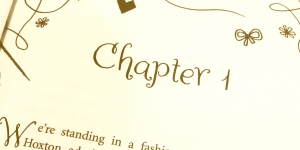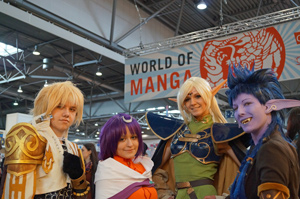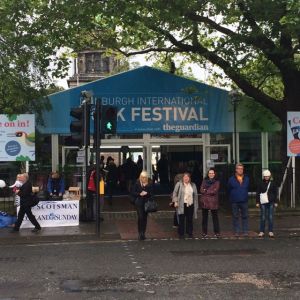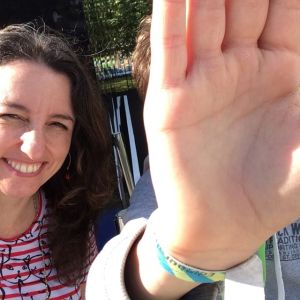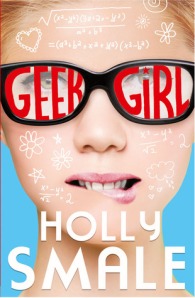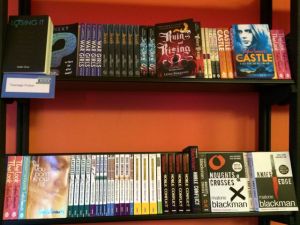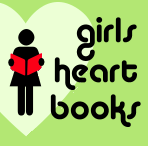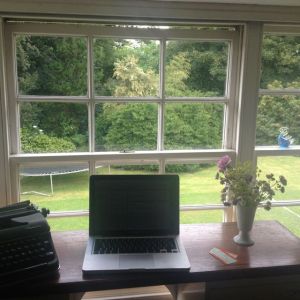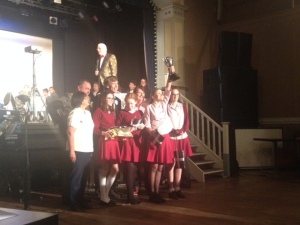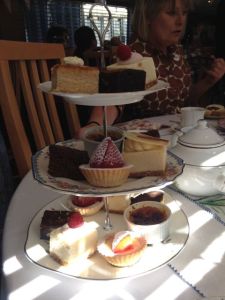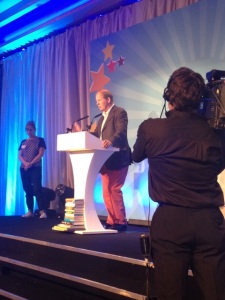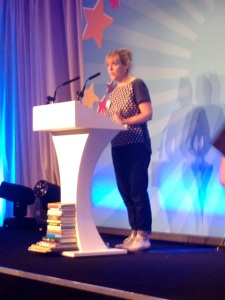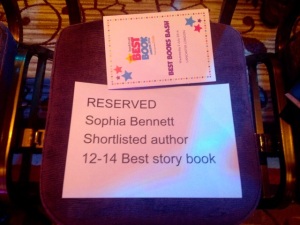It occurs to me, looking at the uncorrected proofs and early copies piling up on my desk, that the people I know write great books, and I should talk about it more.

So here is a short series, prompted by the pile in question, of books to think about this summer.
#1 Flight, by Vanessa Harbour
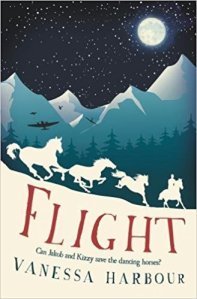
One of the lovely things about being a writer is getting to know other writers and hang out with them, online and off. I can’t remember how long I’ve known Ness for, but she has been a big support and encouragement to me and my writing, and every writer needs that, so thank you, Ness.
Vanessa teaches Creative Writing at Winchester University and works as an editor for the Golden Egg Academy. Flight is her first novel for children and I’m thrilled to see it out there at last. By ‘out there’ I mean in uncorrected proof form. It will be published by Firefly in August.
As a young reader I was obsessed by books about horses and also the suffering of the Second World War. I loved The Silver Sword and I Am David, both of which I’ve recently reread with my youngest, and I also devoured the Jill’s Gymkhana books, National Velvet and anything about horses I could get my hands on. (My youngest is more interested in sharks than horses, but each to his own.) In Flight, Ness Harbour has combined my two obsessions in a thrilling tale that captures the bravery, the danger, the sacrifice of living amongst the Nazis and trying to preserve what is good.
It’s 1945. Two children, a gypsy boy called Jakob and a Roma girl called Kizzy, set out to rescue the Lippizzaner stallions at the Spanish Riding School in Austria from a brutal Nazi officer as the Americans approach. I didn’t know the story of the Lippizzaner horses but I feel that I have lived it now. This is for anyone who likes dancing horses, great storytelling and danger. Which is most readers I know.

